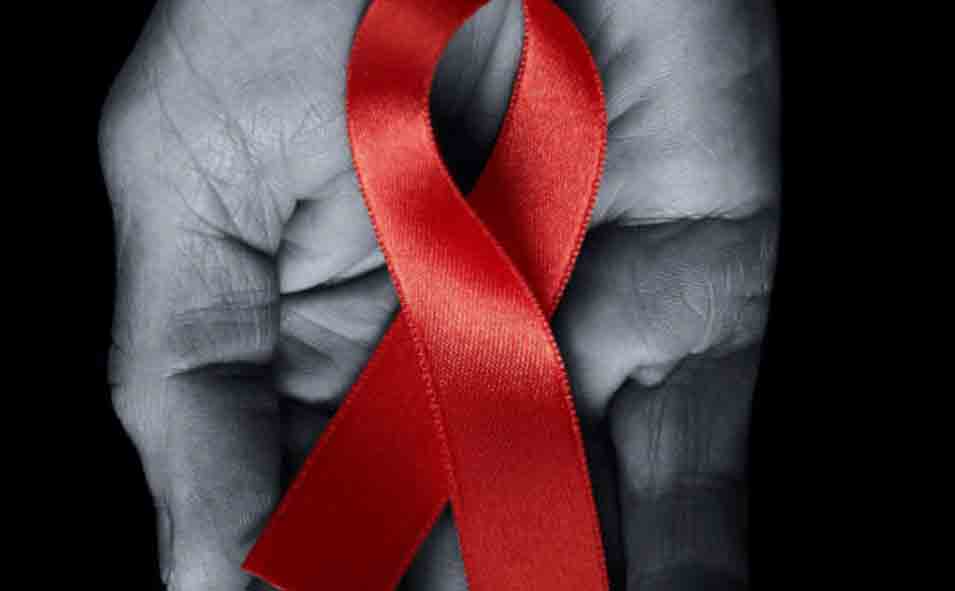×
The Standard e-Paper
Join Thousands Daily

Hand holding AIDS awareness ribbon [Courtesy]
On Valentine’s day last week, Joe Muriuki, one of the first Kenyans to publicly share his HIV-positive status succumbed to oesophagus cancer.